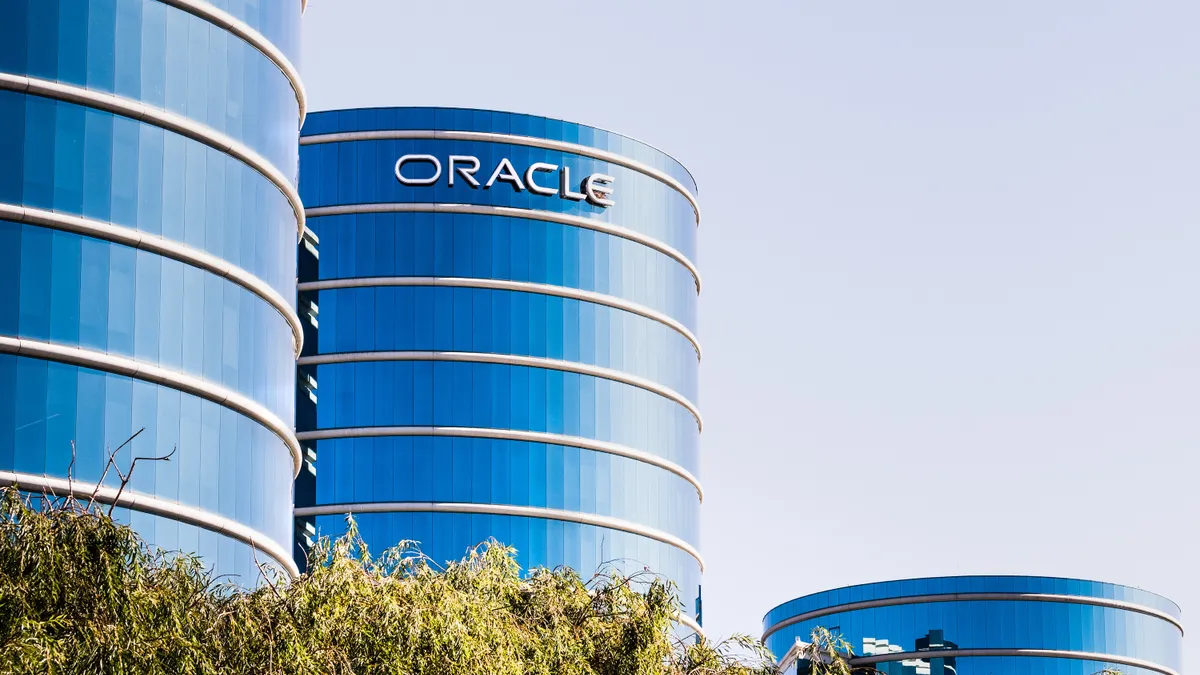The ability to successfully climb America’s corporate ladder has often been reserved for men — particularly White men, maybe archetypally not a devoted parent or caregiver. But talent like Shekhinah Bass is living proof that said imagery can be outdated.
Bass is head of talent strategy for Goldman Sachs’ human capital management division and is the mother of five children. A Cornell University grad, Bass came to the banking firm through her husband, Derrick, who interned at Goldman. Given her concentration on industrial labor relations, she went for an internship through The New York Times’ scholarship program.
Initially, Bass’ plan was to attend law school, so she turned down Goldman’s job offer. A recruiter at the time suggested Bass talk to her mentors and reconsider the opportunity.
As Bass wrote in an internal memo to her Sachs colleagues, she came to realize that “becoming a lawyer wasn’t the only way to pursue [her] passion of standing up for people, including diverse professionals, and having an impact on society at large.” She has now been in human capital management for almost two decades, rising through the ranks as a managing director at Goldman.
Beyond extensions of paid parental leave, Bass has worked at Goldman in an era of highly competitive benefits — arguably subverting the notion of Wall Street as an unshakable “old boys’ club.” The investment company offers 20 paid weeks of parental leave and 20 paid days of “family care leave,” which includes time off for miscarriage, pregnancy loss and bereavement. A spokesperson for Goldman also listed fertility care (including in vitro fertilization and surrogacy support) and infertility case management as resources. Adoption and breast milk shipping during business trips were also on the list.
HR Dive spoke to the head of performance management about the importance of comprehensive benefits for working parents — as well as how her career is a case study for what is possible when caregivers have the employer support they deserve.
This interview has been edited for clarity and brevity.
HR DIVE: Can you talk a little bit about your experience as a working parent, and how that intersects with HR policies that allow you to fully be a parent and fully excel at work?
Shekhinah Bass: I actually started my career at Goldman. I came in as an intern and then came back full time when I graduated from university.
I come from a background where I’m an only child, so my parents had only me — and actually died when I was very young. In my mind, I always knew that I wanted a big family.
Fast forward to joining Goldman Sachs: I would see that a lot of the women would wait until they were more senior to have children.
Again, I always knew I wanted to start my family very early on, because I wanted a big family. It was really important to me to evaluate different opportunities, resources and benefits [Goldman] would have in order to facilitate that [big family]. Especially working HR here, I got greater clarity into all of the different benefits that we offer.
As soon as I found out I was pregnant, I was very quick to take advantage of those opportunities.
Could you also outline some of the benefits that Goldman Sachs offers?
When I first joined, we had pretty great parenting leave policies at the time. I think it was 16 weeks, but over the course of the time that I’ve been here, that has been extended to 20 weeks off.
That extended in 2016 or 2017, and I had my third child in July of 2017. So it was before I had my third child. People would joke, “Is that why you took another maternity leave?”
And while that's not the reason I took another maternity leave, I think it is actually an important and really beneficial thing that the firm extended those leave policies. But more unique about that parenting leave is that it’s open to both moms and dads.
[When] we had our first two children, during those times, their father had access to paternity leave — but it was only two weeks. It was so important and it was so helpful and beneficial to me that my husband could be home with me — even for just those two weeks.
If he were here [at Goldman] today, he would have access to the same amount of time away and I think it’s really important for the fathers to have that as well.
I just celebrated the first birthday of my 5th child. It was just yesterday. One of the things I have had the pleasure and opportunity to be able to do was breastfeed my children while working. So the lactation rooms that we have on-site have been so immensely helpful for me. I’ve used them in the past with each child — the past three children have all gone over a year nursing.
I can quickly run away from my desk, go pump, have access to a refrigerator, and have access to a sink to wash the different items that I need to wash and store them.
Another thing is access to LifeCare, which did all the research for me to find different child care options. As a busy parent or working professional, the fact that someone else will go and do that research for you — and give you a really helpful summary or questions to ask as you’re interviewing [caregivers] — is amazing. That was really amazing.
About Goldman Sachs’ lactation room: So often I write about labor law compliance, and I think some employers have a check-the-box approach. It's noteworthy that you have a nice area and facility to give you everything that you need.
It is, really — not even just the convenience, but the thought that they put into it. There’s a special soap — not just a regular dish soap or hand soap — to wash our breast pump supplies.
They definitely go above and beyond to make it a comfortable environment.
Tell me more about LifeCare.
There’s nothing you need to pay for and you can easily access it on our internal website. You fill out a form where you call the help desk and give them whatever issue it is you’re trying to solve, and they’ll help you.
I’ve used it for child care and for when my grandmother, who raised me, was feeling very sick. I reached out to them to say, “I’m looking for home health aides who could come in and take care of her.” It's not just for parents, but anything related to life management that you need.
It goes such a long way, especially when you’re a first-time parent. In general, it could be an overwhelming thing to figure out. In New York, in particular, people get on waitlists [for caregivers] as soon as they find out they are pregnant. I didn’t know I was supposed to do that [the first time I got pregnant]. Thankfully, I wasn’t living in New York at the time.
Now I’m on a waitlist in Jersey City, but thankfully [LifeCare was] able to advise me on like how to navigate that. Next time around, I knew to reach out to them sooner and figure it out
How do you think your life would have changed if Goldman hadn’t provided so much parenting support for you?
It’s hard to even imagine what that would have been like, because as I mentioned, I’m an only child. I was raised by my grandmother. She passed away at 99 back in 2021. I thankfully have my partner, Derrick, and we have each other’s backs in order to be able to raise the family that we’re growing. It’s because I have the flexibility I need that I am able to do so — that he and I are able to do that together.
It would definitely make things way more complicated if I wasn’t able to, you know, work flexibly when I needed it, if I didn’t have the option of using backup day care when the kids’ schools are closed and my husband happens to be traveling.
Even with the backup day care and all of the resources, managing five little ones takes a lot out of you.
I think [success is also owed to] the environment that we’ve created internally — where your colleagues are also supportive of you, if you’re open with them and share with them where you might need some flex or where you might need to lean into the homefront.
I have personally always worked for a manager or on a team where I felt supported by the people around me.
And that makes a huge difference.





















